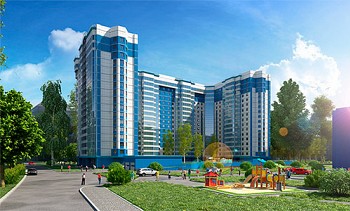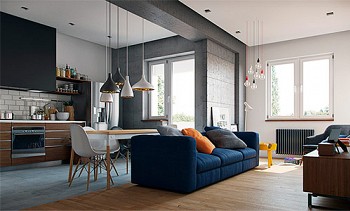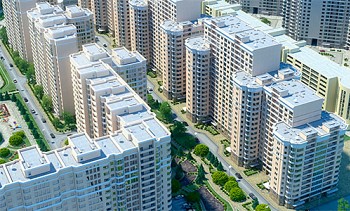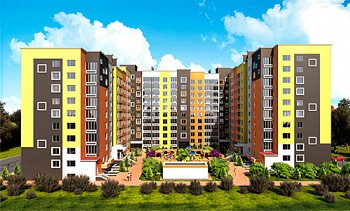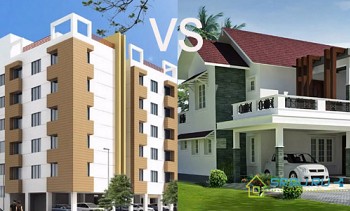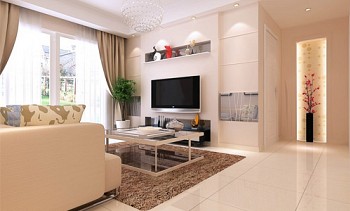What is the difference between apartments and ordinary apartments
Today, apartments occupy more than 30% of the entire market of new buildings and are becoming more recognizable and in demand. We are offered modern construction technologies, high-quality finish and convenient location of such objects, and for dessert - a surprisingly attractive price. What is the catch and benefit of such a purchase? What is the difference between apartments and apartments, as well as what advantages and disadvantages these two types of real estate have, we will consider in detail in this article.
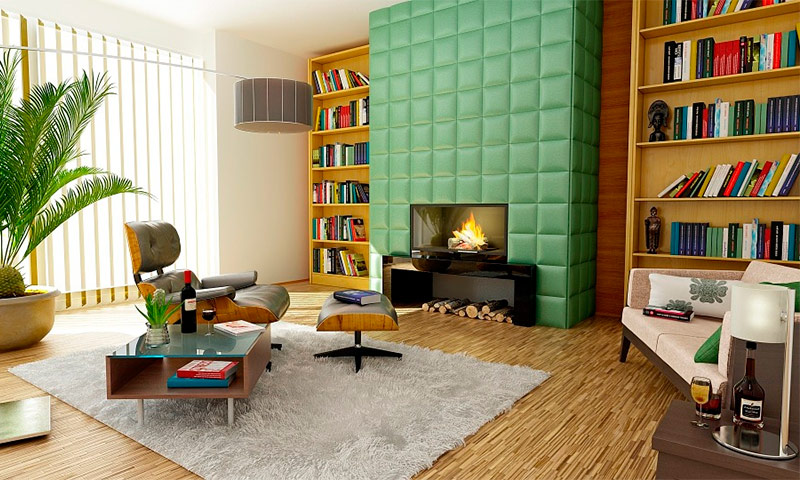
Content:
- Legal status
- Life without registration. For whom is buying apartments as the only housing disadvantageous?
- The difference in the cost of apartments and apartments: luxury housing for the elite or the solution to the main housing problem?
- Will the avaricious pay twice: how much will it cost to pay housing and communal services?
- Apartment tax - how much more expensive and how is it calculated?
- Is there a difference in the comfort of living?
Legal status
An important difference between apartments and apartments is their legal status. Such a premises is recognized as non-residential, and the building - commercial. This means that it is not possible to register permanently with them, but there are no restrictions for temporary registration. Accordingly, the lack of a “residence permit” can cause inconvenience to those who plan to purchase apartments as the only housing.
The legal status of non-residential construction implies another important difference. In ordinary houses, apartment owners are also equity participants in the common property - the entrance, roof, basements and attics, stairwells and the adjacent territory. In our case, either the management company or the seller will be considered the owner. Accordingly, improvements, changes or re-equipment of such premises are impossible without their purchase from the current owner. Unlike the participants in the condominiums, here the owners will not be able to earn additional profit using common premises.
Those who are willing to invest in real estate and seriously engage in rental business, legal status will be at hand. Possible claims or lawsuits of neighbors, allegations of misuse, complaints of noise or often changing tenants will be excluded. Unlike apartments, daily renting will be legal here, bringing higher profits to the owner.
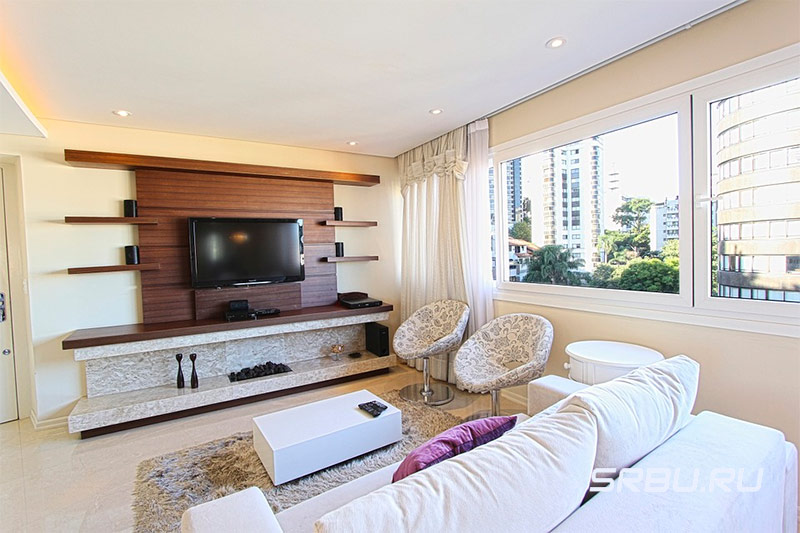
Life without registration. For whom is buying apartments as the only housing disadvantageous?
Given the gradual abandonment of mandatory permanent registration and the tendency to fully equalize the rights of holders of permanent and temporary residence permits, there are no real restrictions on the legal status of owners. However, permanent registration is still beneficial to certain categories of the population.
Young parents.
Difficulties may arise when applying for benefits and allowances, enrolling a child in kindergarten or school. They are obliged to take them to an educational institution with a temporary residence permit, but with a shortage of places, holders of permanent registration will be in priority, and the rest will have to wait if there are still free places for them.
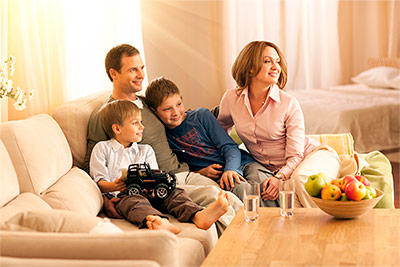
Senior citizens.
Without becoming a full-fledged Muscovite, you cannot get the right to free travel or a capital increase to your pension;

The difference in the cost of apartments and apartments: luxury housing for the elite or the solution to the main housing problem?
Apartments appeared on the Moscow market only in the early 2000s - during the reconstruction of mansions in the historical part of the city. Such offers were limited and very expensive. A few years later, during the construction of Moscow City, this type of real estate gains its first popularity - living and working in one place becomes a new trend. It is fashionable and prestigious, but still very expensive.
A massive new proposal has only captured the market since the 2010s, when developers begin to offer an unusual type of development to a wide buyer, moving from the elite and business classes to the economic one. From this moment on, such construction begins to move rapidly from the historical center to the Moscow suburbs and beyond, gradually covering the nearby Moscow region, cities with a population of over one million, and even popular Russian resorts.
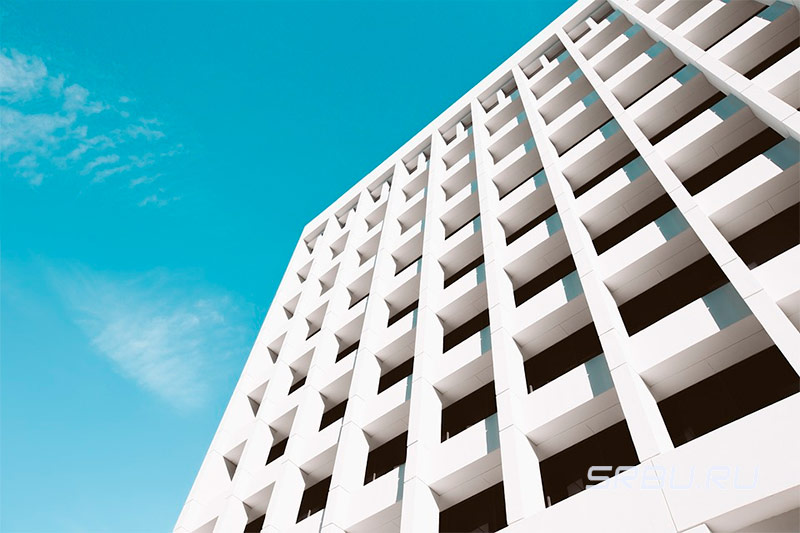
For developers, a new convenient niche has become a real salvation in a crisis, and buyers are increasingly interested in the opportunity to purchase a quality new building with a huge discount. And this is not surprising - because the cost of apartments in a good area is comparable to the price of a dilapidated fund on the outskirts of the most unpopular districts of Moscow.
Today, when asked how apartments differ from apartments, many will answer with confidence: “of course, at a reasonable price.” According to average estimates, the benefit is 15-25%, but in fact the difference is even greater. Often a small site is chosen for such an object on the site of the reconstructed industrial zones in the promising areas of the Third Transport Ring, and the offer immediately becomes unique, having no price or quality analogues. And in densely populated areas near the Moscow Ring Road, this building compares favorably with the main massif, competing only with dull high-rise buildings of the 80s and 90s.
Prices for small-sized objects in Moscow are lower than the cost of studios in unfinished new buildings, and almost half the price of secondary housing. About the difference, reaching up to 30% can be said in the segment of luxury real estate.
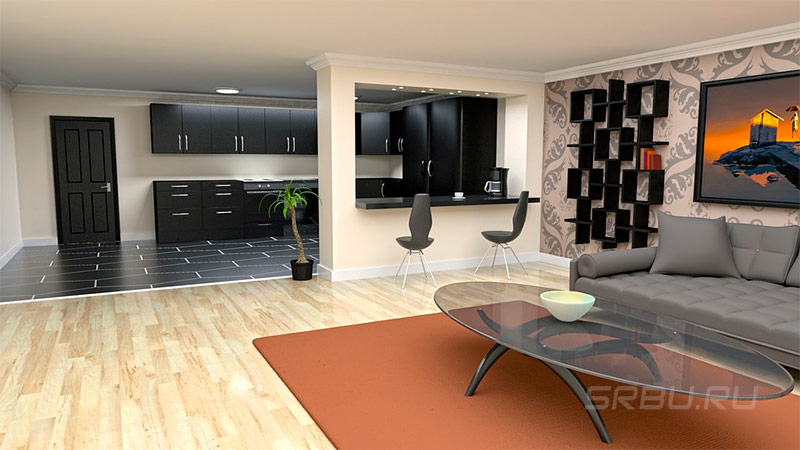
Will the avaricious pay twice: how much will it cost to pay housing and communal services?
You have to pay for all the good. And the first confirmation of this will be receipts for utilities. They will cost owners an average of 18% - 20% more expensive. Will such a tariff pay off and does the constant overpayment cancel the one-time gain from the acquisition? If the purchase was made for permanent residence, the difference will be quite noticeable.
Increased tariffs are valid only for certain services - for consumed electricity, water, sewage and wastewater. Most of all, it’s 36% more expensive, you will have to pay extra for electricity, and the cost of water supply services will be higher than for residential premises by 12%.
For a large family, utility bills may well become a serious expense item. However, not all buyers are confused by such margins - some of them invest in additional real estate, taking advantage of today's cheapness and expecting a further rise in prices. Others use them as a commercial project, renting out and transferring payment of meters to the shoulders of tenants.
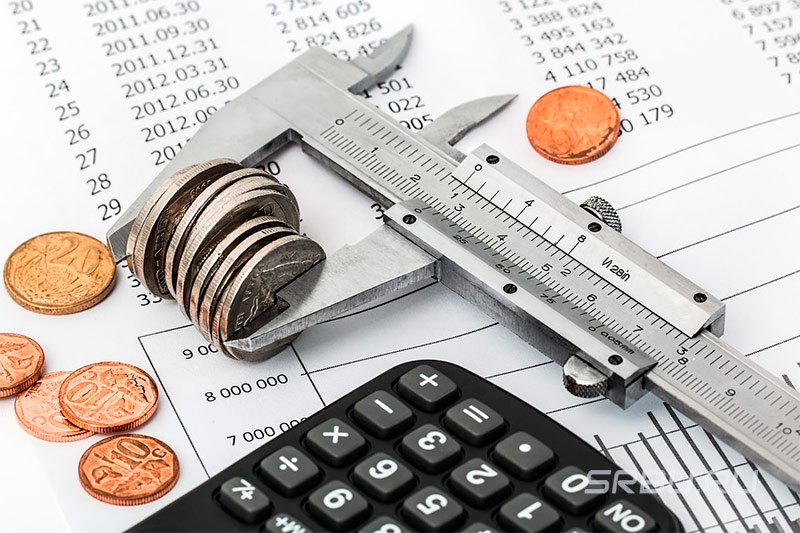
Apartment tax - how much more expensive and how is it calculated?
Will not a profitable purchase be a yoke, because a further reduction in fees is not expected? In itself, the tax rate on apartments seems low - from 0.5% of the value of the property. However, this is already 5 times higher than in the case of residential premises, where the tax is 0.1%. Moreover, the “20 meter deduction rule” is not applicable here, it will not be for owners and other benefits.
For those who have a choice: a residential apartment or apartments, the difference in tax may be the main argument against such a purchase. But here, the latter have an advantage. Non-residential premises are priced slightly cheaper, which means that in fact the tax will not be higher than 5, but only 2-3 times.
Is there a difference in the comfort of living?
Apartment or apartments - what is the difference for living? After all, the quality of such buildings is modern, often the objects are already offered with decoration and furniture, and spacious halls and the availability of meeting rooms or even a conference room cannot be a minus? However, the low cost is easily explained precisely by the quality - construction standards and requirements are completely different.
This applies to several factors at once:

Insolation.

Soundproofing.
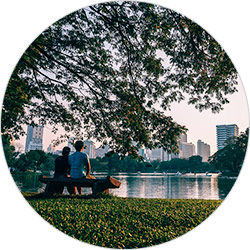
The surrounding infrastructure.
In Russia, the standards and requirements for housing under construction are quite high.It takes into account the distance between the buildings, the thickness of the internal partitions, and the quality of the materials - so that the noise level does not interfere with the peace of tenants, and natural light penetrates freely into the windows of the apartments. Designers of non-residential premises are not required to take care of the comfort and health of citizens, because according to the original plan, the apartments were intended only for short-term accommodation or overnight.
For the same reason, residents will also be deprived of convenient infrastructure - builders should not build gardens and schools, provide courtyards with playgrounds and think over the walking distance of stores. This restriction is unlikely to interfere with the purchase in the habitable area of old Moscow, but for densely populated outskirts, the offer immediately ceases to be interesting.

